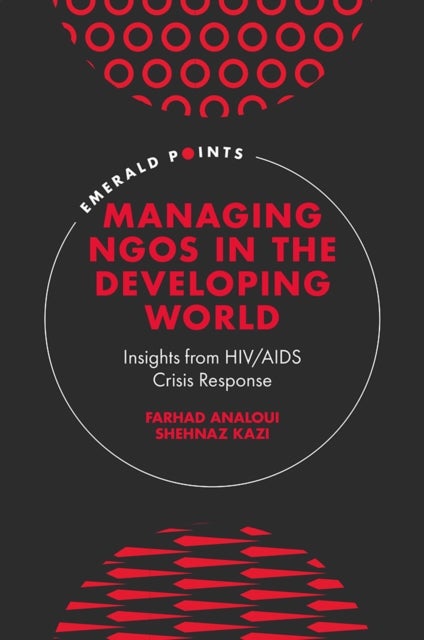
Managing NGOs in the Developing World av Farhad (Bradford University UK) Analoui, Shehnaz (Bradford University UK) Kazi
629,-
NGO managers in the developing world play a crucial role in reaching diverse high-risk groups. Yet to date there has been no empirical study of what makes these managers effective. <div><br></div><div>Here Farhad Analoui and Shehnaz Kazi present the first qualitative, empirical insights into this key question. Focusing specifically on managers of HIV/AIDS NGOs in India - one of the world¿s largest developing nations - this book considers how such managers are perceived by outsiders, how their work is or could be influenced by government-level intervention or international-policy-level drivers such as the UN Sustainable Development Goals, and how such managers perceive issues that influence their ability to manage their organisations effectively. </div><div><br></div><div>Through individual, collective, and focus-group interviews with managers and staff at four NGOs, the authors build a startlingly rich picture of aid workers¿ and managers¿ fears and hopes. From this data, the authors c








